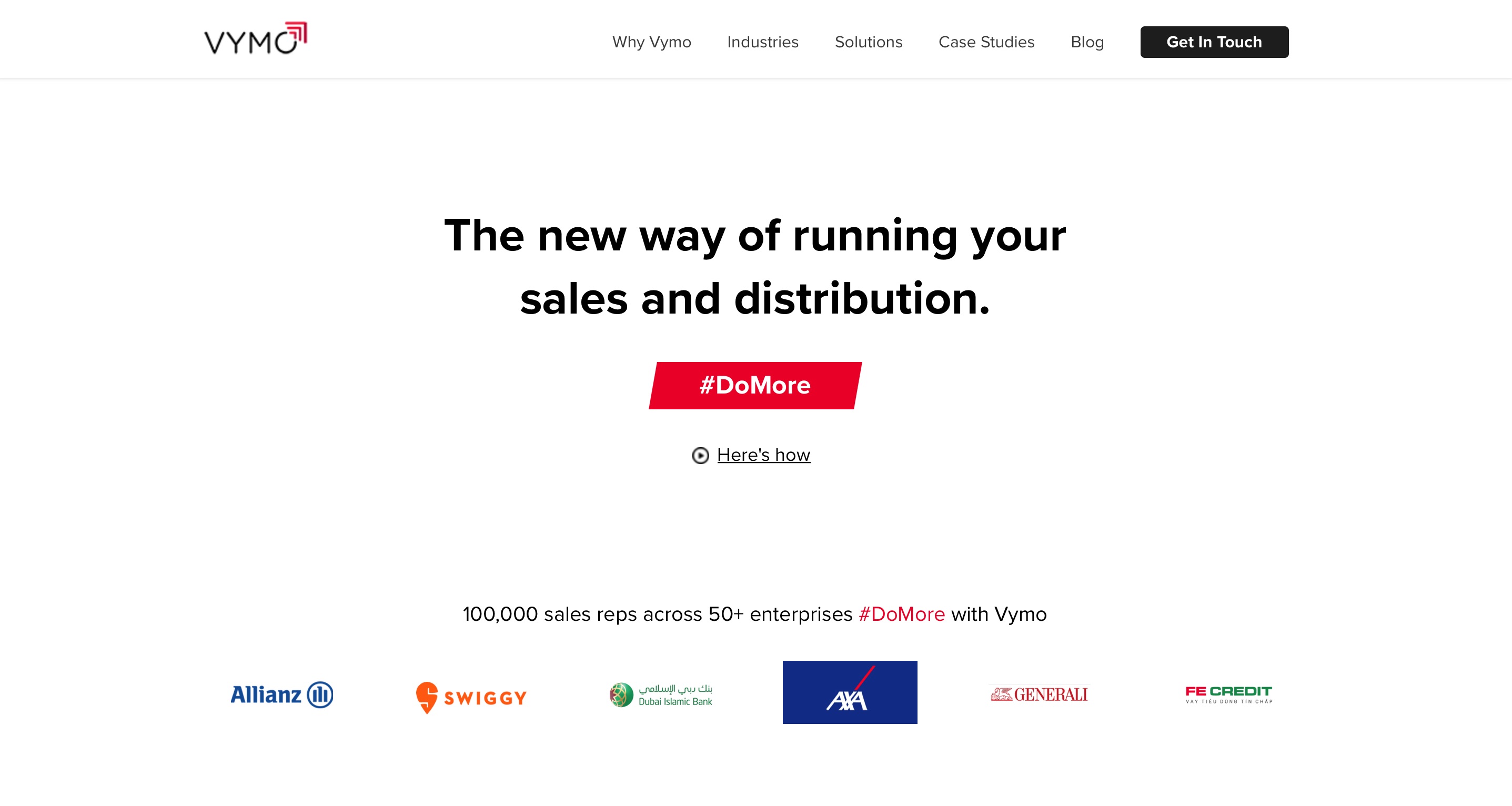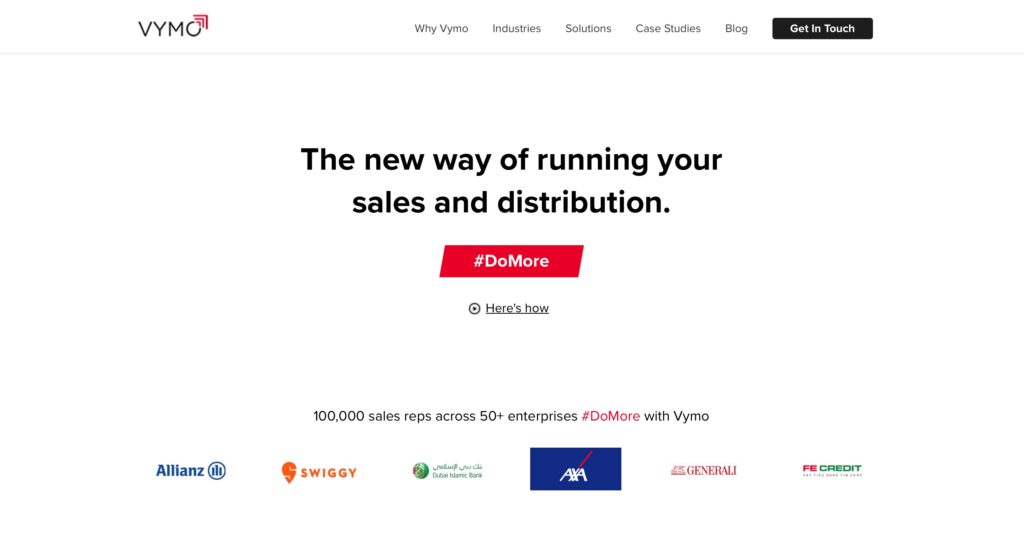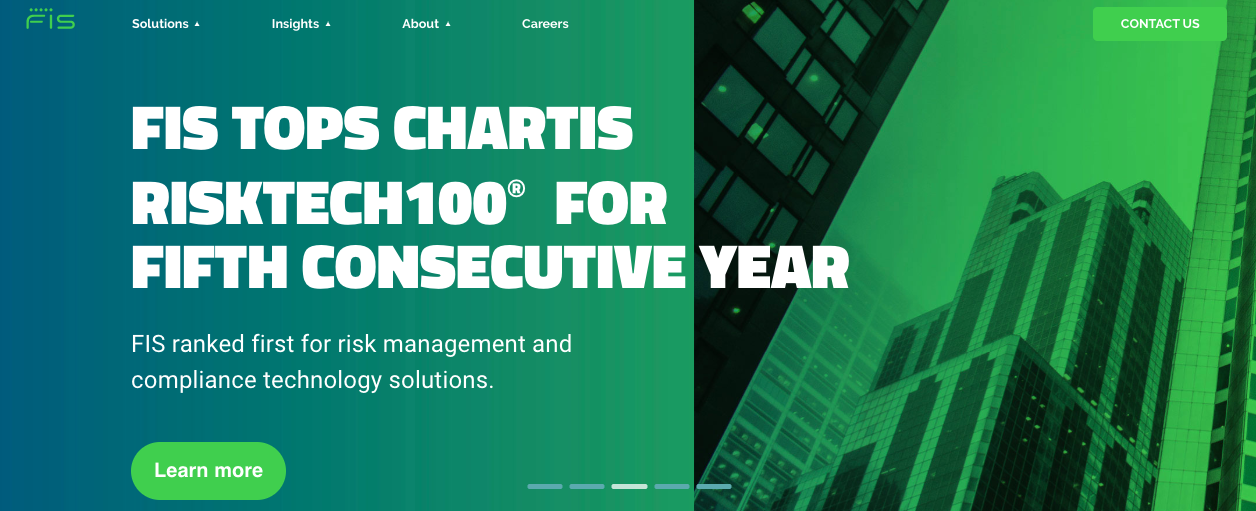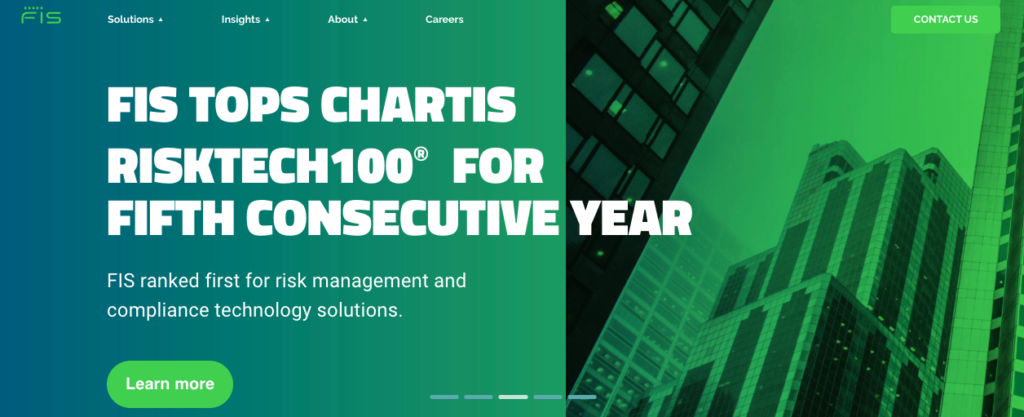
The financial services industry is ripe for Robotic Process Automation (RPA) and Business Process Management (BPM) technologies. Organizations in this field have many tasks that can be– and even should be– automated.

Many banks already have successful implementations of these technologies in place. But with the dawn of a new decade, what’s next? We posed the question to AI Foundry’s Director of Product Management, Arvind Jagannath, who helped us uncover the future of RPA and BPM.
Finovate: What are some key developments in RPA and BPM we can look forward to in 2020?
Arvind Jagannath: RPA will play a key role in automating processes in legacy systems. It will have a lot of momentum in industries like retail and finance that are trying to achieve digital transformation because it can automate repetitive processes in their legacy applications.
Most companies view this kind of automation as a key to integrating new technologies and improving their business process. RPA will evolve into a gateway for adopting higher-level, modern technologies.
Finovate: Tell us about that evolution.
Jagannath: Finance, retail and online shopping all have processes that can be easily automated, such as data entry, button clicks, task routing, etc. For these processes, RPA can provide substantial savings in time and cost. Now, imagine you can amplify these gains by using cognitive technologies such as voice recognition, OCR, and AI…this can be a game-changer for many companies.
For example, voice recognition is now increasingly used to provide a more “conversational” flow for gathering initial caller information, just as a support person would do. All of this information can be used to drive the back-end processes that are automated by RPA, such as creating a support ticket and routing it to the right department.
In mortgages, document recognition technologies can quickly scan data from uploaded borrower documents and immediately provide feedback on the validity of the document or ask for additional information. This creates a powerful, real-time feedback loop that can cut days and possibly weeks out of the loan origination process.
Finovate: What does this mean for fintech’s strong partnership ecosystem?
Jagannath: Process automation tools are becoming more sophisticated, and traditional system integrators are taking notice. Large firms like IBM and SAP are realizing they need to partner with or acquire smaller, specialized RPA companies. So now there is an opportunity for collaborating and partnering to create a “smart” RPA eco-system.
A “smart” RPA eco-system combines process automation and AI to orchestrate the appropriate handoffs of tasks between humans and systems to automate processes across a value network.
For example, imagine automating the processing of a homeowner’s property insurance claim where the adjuster pulls data from many disparate systems to make a determination. In a smart RPA eco-system, robots can easily interweave with the adjuster to perform many tasks such as manual registering of the claim, scheduling the next available adjuster, tracking completion of the damage assessment, and proposing an equitable determination.
Finovate: What advice can you offer financial services companies looking to get started with RPA and BPA?
Jagannath: You first need to figure out how to automate your processes, and then start using cognitive technologies to get all the benefits out of RPA and higher-level cognitive AI. RPA becomes a gateway to adopting AI. So, RPA is helping build the ramp for AI to get adopted.
AI Foundry most recently appeared on the Finovate stage last year at FinovateFall. The company demonstrated its Agile Mortgages solution, which brings key efficiencies to the loan origination process.














